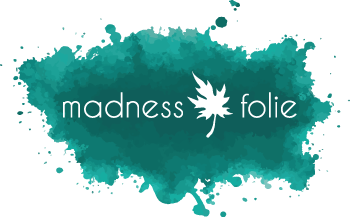Component Evaluation: Language and Visualization
Component Evaluation: Language and Visualization Timing: 35 minutes; flexible Mode: In-class OPTION 1: In groups of 2-4 have students write down the word capitalism on a blank sheet of paper. Ask them to visualize the connections between capitalism, oppressions, and mental health that are discussed in Cheers to Capitalism. Once those connections are established, encourage …


 Français
Français